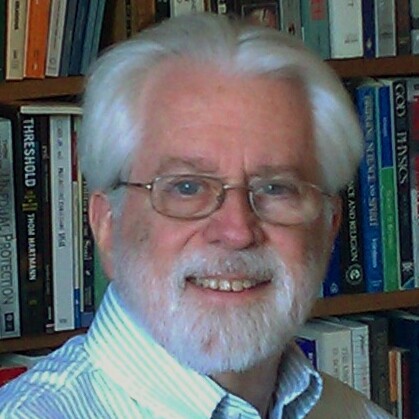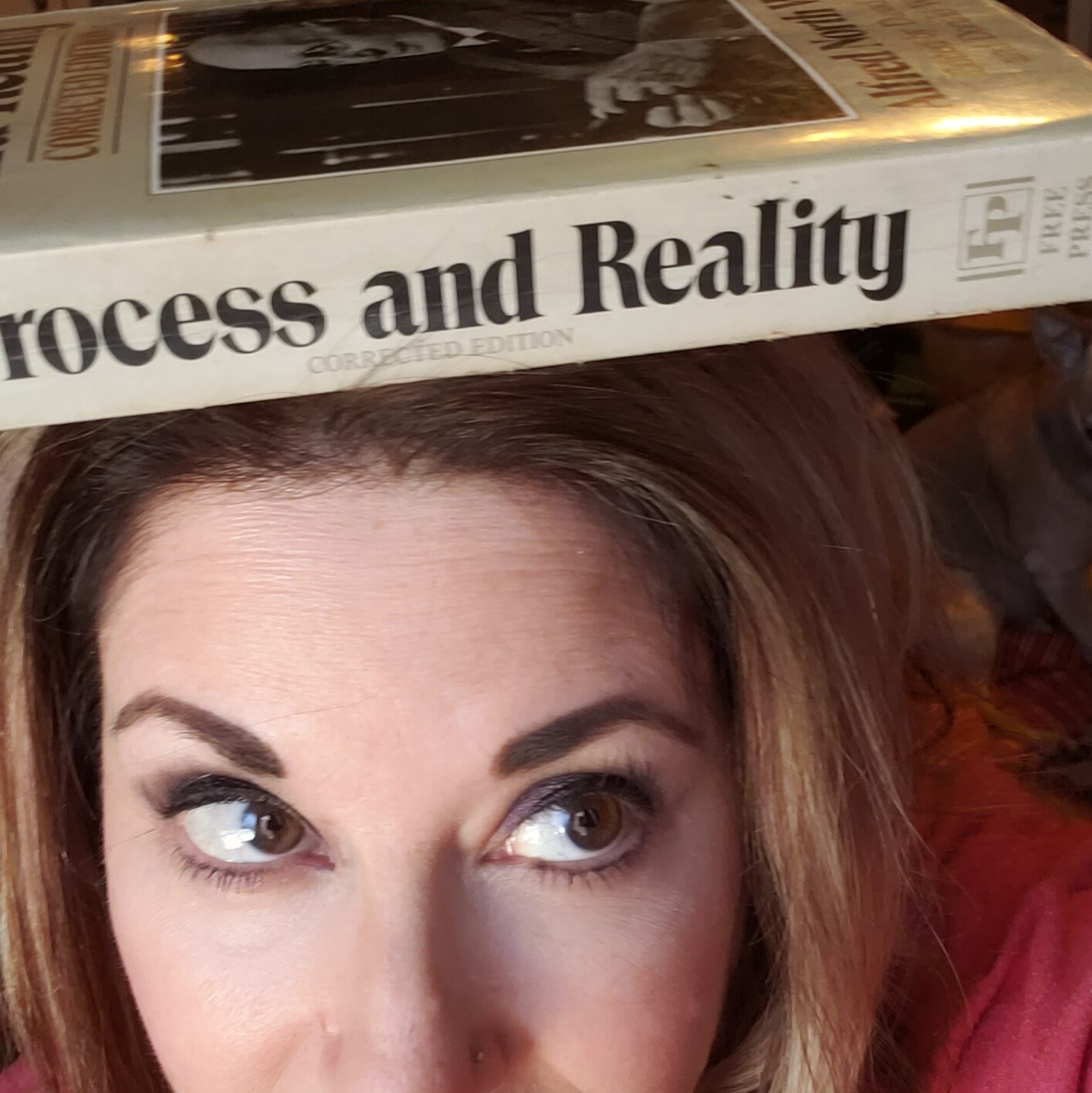
If you would like to join this path group, you must register and be logged in. Click on the REGISTER or LOGIN link above to do that.
Team Leader
Details
The Unitarian Universalist Association (uua.org) of some 1000 congregations (mostly in North America) was formed in 1961 by merger of the America Unitarian Association (organized 1825) and the Universalist Church of America (organized 1793). Both earlier movements arose in reaction to Calvinist predestination, the Unitarians emphasizing salvation by individual character and merit and the Universalists rejecting the idea of hell in favor of a Loving God to whom all people would eventually be reconciled. Universalist ideas may be traced throughout Christian history, but only in America did universal salvation become the basis of an organized church. American Unitarianism broke away from New England Congregationalism while British Unitarianism emerged in the late 1700s from liberalizing wings in Presbyterian and Anglican churches. The earliest churches challenging the Nicene creed arose in Poland (1560) and Transylvania (1568), the latter still active today. Modern Unitarian Universalism has moved quite far from these origins and today is a theologically open religious movement that emphasizes freedom of inquiry for truth and meaning, while working for an anti-racist, anti-oppressive, and multiculturally inclusive social vision. Its members self-identify in diverse and often hyphenated ways as theist, atheist, humanist, Christian, Jewish, Muslim, Pagan, Buddhist, Hindu, and others.
Members
18
Resources

















